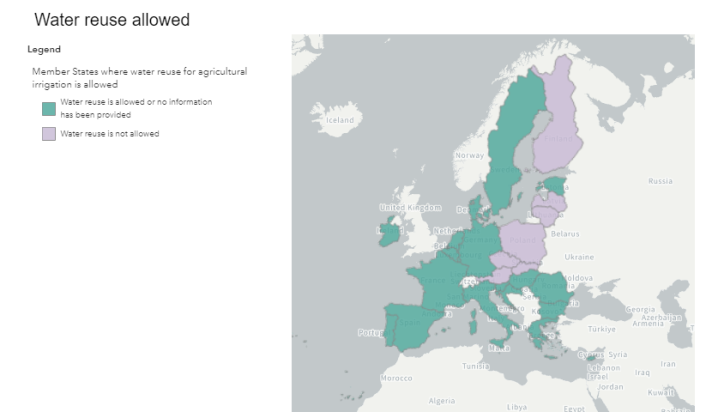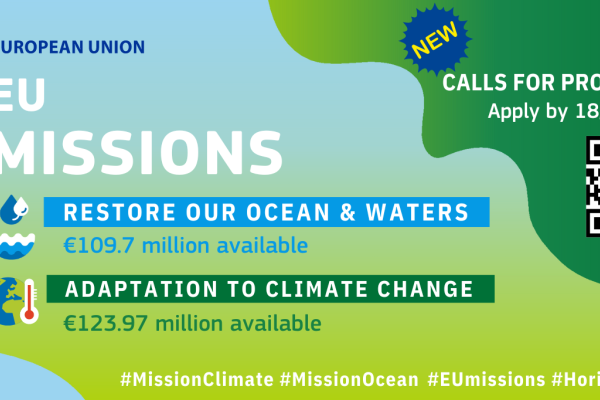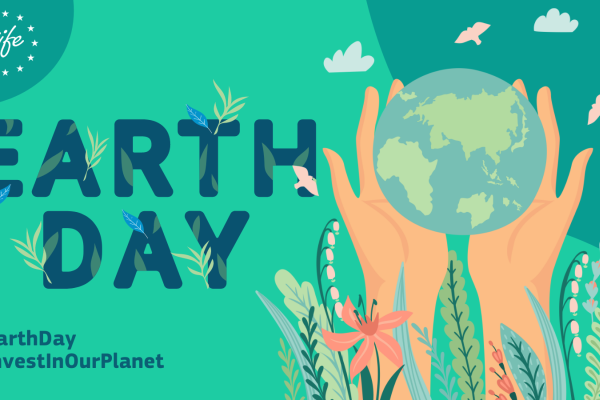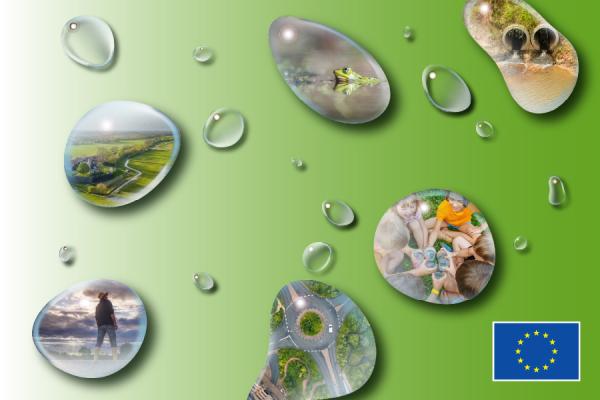Overview
Wastewater is an effective alternative water supply. With several EU countries increasingly suffering from droughts, reusing water from urban waste water treatment plants can help address water scarcity. It can ensure a safe and predictable source of water, whilst lowering the pressure on water bodies and enhancing the EU’s ability to adapt to climate change. Reusing water after appropriate treatment extends its life cycle, thereby preserving water resources.
Water reuse is commonly and successfully practised in several EU countries. However, this practice is so far deployed below its potential in the EU. Limited awareness of potential benefits among stakeholders and the general public, and lack of a supportive and coherent framework for water reuse were identified as two major barriers preventing a wider spread of this practice in the EU.
In the EU
Law
The Water Reuse Regulation sets out
- harmonised minimum water quality requirements for the safe reuse of treated urban wastewaters in agricultural irrigation
- harmonised minimum monitoring requirements
- risk management provisions to assess and address potential additional health risks and possible environmental risks
- permitting requirements
- provisions on transparency, whereby key information on every water reuse project is made available to the public
Implementation
The regulation on water reuse will apply from 26 June 2023. The Commission will help EU countries to fully apply the new rules.
These are the guidelines to help apply the Water Reuse Regulation.
The regulation allows Member States to decide not to practice water reuse in their territory or to limit water reuse in certain areas, for reasons linked to geographical and climatic conditions, to pressures and status of their water resources or due to the environmental and resource costs of reclaimed water and of other water resources.
Some Member States, where freshwater resources are abundant and irrigation demand is low, have planned not to allow water reuse for irrigation in their countries. Some Member States have not yet made a final decision, as resource and infrastructure costs still are being evaluated. The current situation is illustrated in this map:

For more information please visit the WISE Freshwater website.
Studies and publications
JRC Technical guidance - water reuse risk management for agricultural irrigation schemes in Europe
JRC Science for Policy Report - Minimum quality requirements for water reuse in agricultural irrigation and aquifer recharge
Guidelines on Integrating Water Reuse into Water Planning and Management in the context of the WFD
A Blueprint to Safeguard Europe's Water Resources - Communication from the Commission (COM(2012)673)
Impact assessment accompanying the proposal for a Regulation of the European Parliament and of the Council on minimum requirements for water reuse
Related links
Related laws: Water Framework Directive, Urban wastewater treatment Directive, Sewage Sludge Directive
Related topics: Water scarcity and droughts, Industrial emissions,
Related strategies: EU Climate Adaptation Strategy, Circular economy action plan, Zero pollution action plan
Related Commission priorities: European Green Deal



